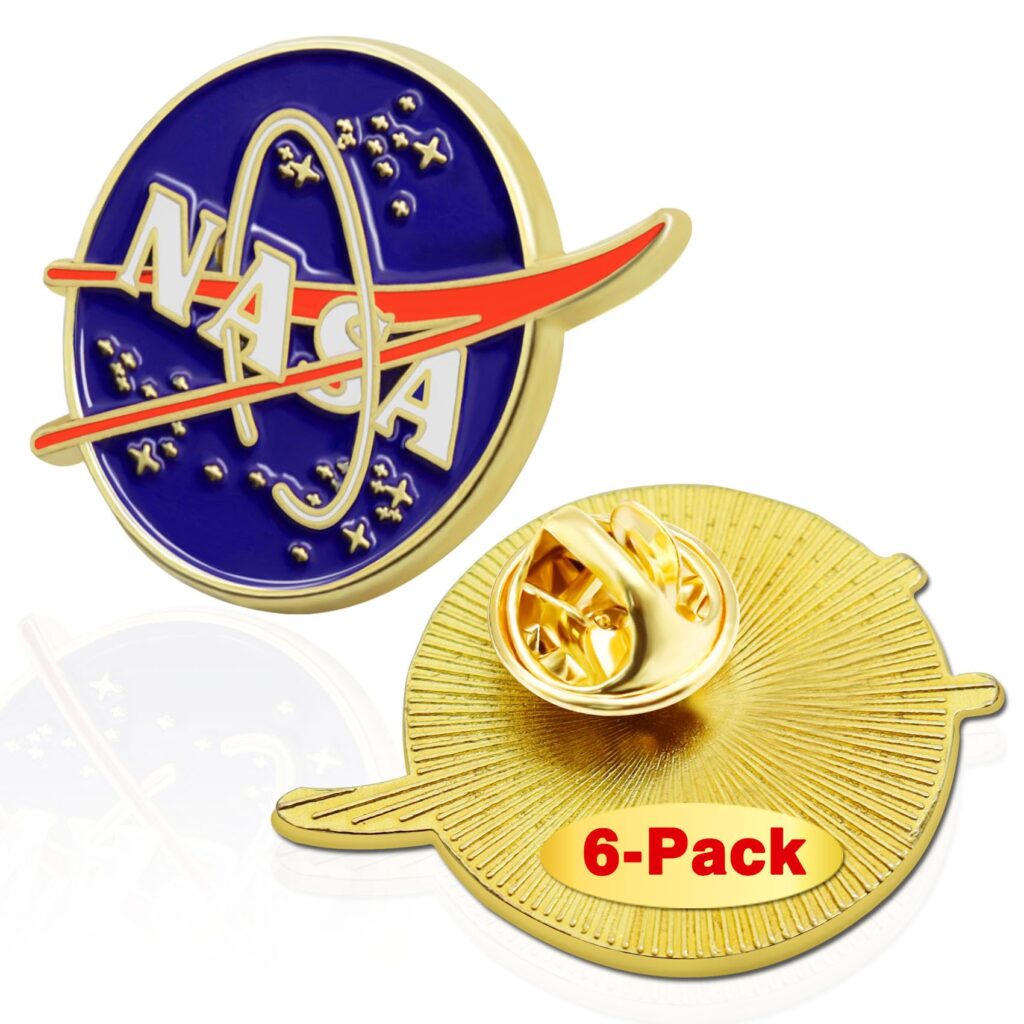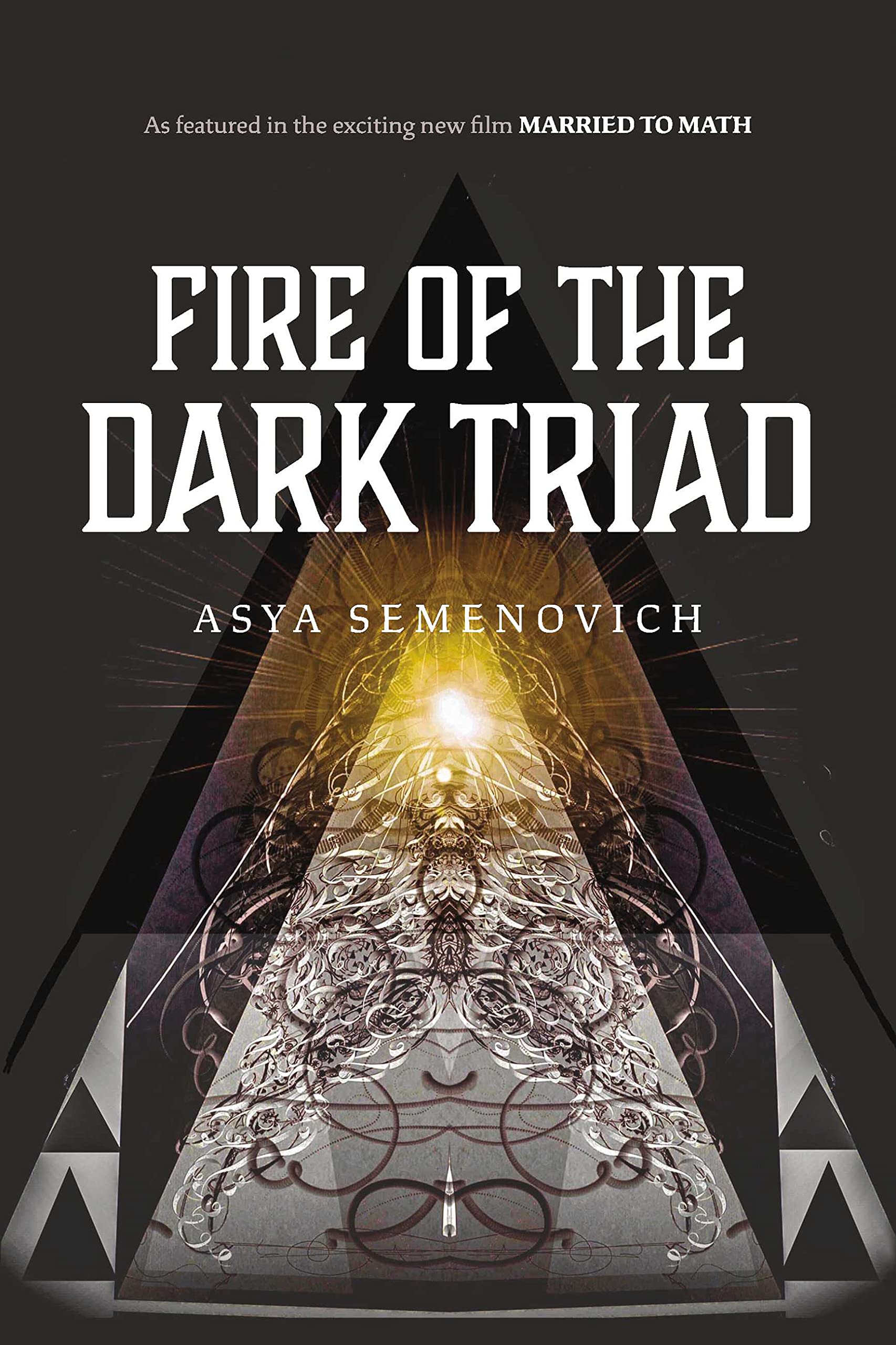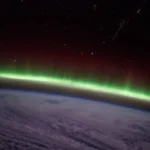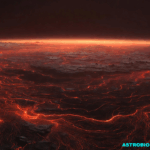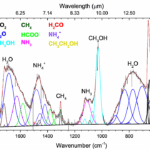Now Reading: Cosmic Timeline Shortened as Researchers Predict Universe’s End in 1078 Years
-
01
Cosmic Timeline Shortened as Researchers Predict Universe’s End in 1078 Years
Cosmic Timeline Shortened as Researchers Predict Universe’s End in 1078 Years
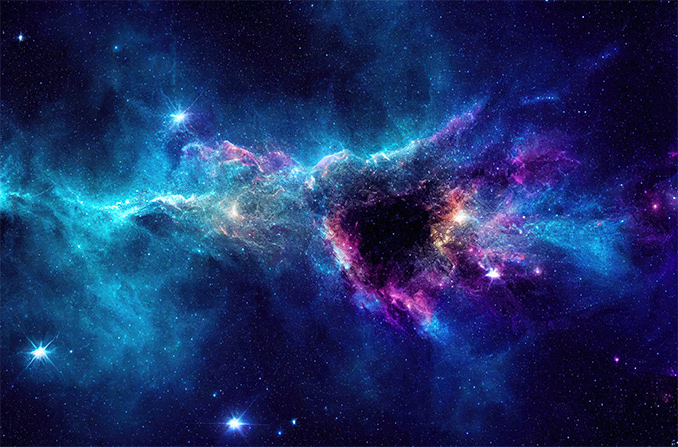
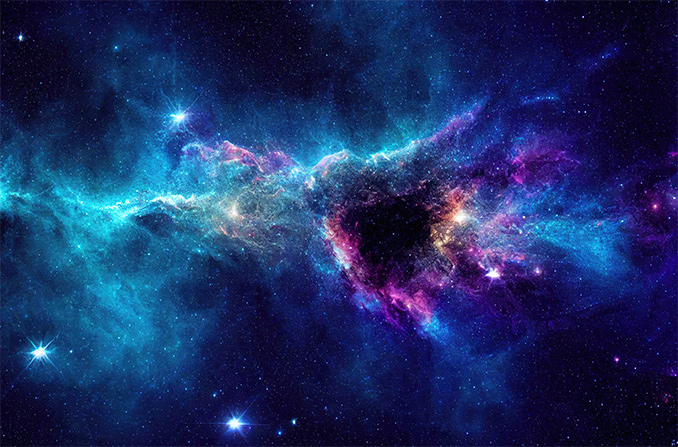
The cosmos, that vast tapestry woven with stardust and the remnants of long-forgotten giants, now faces a more urgent timeline for its demise than previously imagined. A revolutionary study conducted by a team of Dutch researchers from Radboud University has thrown the cosmic clock into disarray, proposing that the universe may meet its end in a mere 1078 years. This new estimate starkly contrasts with the past belief of 10100 years, leading us to reconsider not only the fate of the universe but also the fundamental nature of existence itself.
At the foundation of these revelations lies Hawking radiation, the groundbreaking concept formulated by the renowned physicist Stephen Hawking. Initially, Hawking radiation was perceived as a peculiar characteristic of black holes, where quantum fluctuations cause particles to escape, ultimately leading to their evaporation. However, the research team—comprising Heino Falcke, Michael Vendrell, and Walter van Suijlekom—has boldly expanded this idea to encompass all massive celestial bodies. This includes white dwarfs and neutron stars, thus unveiling a more universal truth about gravitationally bound entities.
According to their calculations, the lifespan of white dwarfs, once thought to extend into the unfathomable future, has been drastically reduced. Instead of a potential eternity, these stellar remnants may dissipate entirely in approximately 1078 years. Remarkably, even neutron stars and stellar black holes face a similar fate, predicted to last around 1067 years. The inherent qualities of black holes, specifically their lack of a surface which allows them to reabsorb some escaping radiation, slow their decay, but not indefinitely.
This revelation has profound implications for our understanding of cosmic evolution. While density indeed affects the rate of decay, the researchers underscore that all celestial entities, regardless of their mass, are fated to eventually evaporate. Under optimal conditions, even the Moon, or a human body, would succumb to this cosmic dissolution in approximately 1090 years, emphasizing the universality of this process.
The concept of universal radiation not only reshapes our predictions regarding the end of the universe but also invites us to think the transition of cosmic epochs. The degenerate era, dominated by white dwarfs and neutron stars, is now perceived to be much briefer than we once believed. Consequently, the era of black holes, once thought to stretch into the infinite, is also truncated under this new paradigm.
This shift in our understanding of cosmic timelines opens up exciting possibilities for bridging the realms of quantum mechanics and general relativity. By extending the implications of quantum phenomena such as radiation beyond the confines of black holes, researchers are hinting at a fundamental quantum nature of spacetime itself. This tantalizing prospect may pave the way towards a coherent theory of quantum gravity, potentially unlocking the mysteries of the universe’s creation and ultimate fate.
Despite the unsettling nature of these revelations, the journey to comprehend the universe’s ending only deepens our appreciation for the ephemeral beauty that surrounds us. Each discovery, each shift in understanding, draws us closer to the heart of existence—challenging us to contemplate our place within the cosmic narrative. As we gaze into the star-studded night, we are reminded that, while the universe may be on borrowed time, the quest for understanding persists, illuminating the path forward in our shared exploration of the cosmos.
Stay Informed With the Latest & Most Important News
Previous Post
Next Post
-
 01Two Black Holes Observed Circling Each Other for the First Time
01Two Black Holes Observed Circling Each Other for the First Time -
 02From Polymerization-Enabled Folding and Assembly to Chemical Evolution: Key Processes for Emergence of Functional Polymers in the Origin of Life
02From Polymerization-Enabled Folding and Assembly to Chemical Evolution: Key Processes for Emergence of Functional Polymers in the Origin of Life -
 03Φsat-2 begins science phase for AI Earth images
03Φsat-2 begins science phase for AI Earth images -
 04Thermodynamic Constraints On The Citric Acid Cycle And Related Reactions In Ocean World Interiors
04Thermodynamic Constraints On The Citric Acid Cycle And Related Reactions In Ocean World Interiors -
 05Hurricane forecasters are losing 3 key satellites ahead of peak storm season − a meteorologist explains why it matters
05Hurricane forecasters are losing 3 key satellites ahead of peak storm season − a meteorologist explains why it matters -
 06Binary star systems are complex astronomical objects − a new AI approach could pin down their properties quickly
06Binary star systems are complex astronomical objects − a new AI approach could pin down their properties quickly -
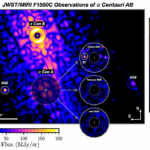 07Worlds Next Door: A Candidate Giant Planet Imaged in the Habitable Zone of α Cen A. I. Observations, Orbital and Physical Properties, and Exozodi Upper Limits
07Worlds Next Door: A Candidate Giant Planet Imaged in the Habitable Zone of α Cen A. I. Observations, Orbital and Physical Properties, and Exozodi Upper Limits













